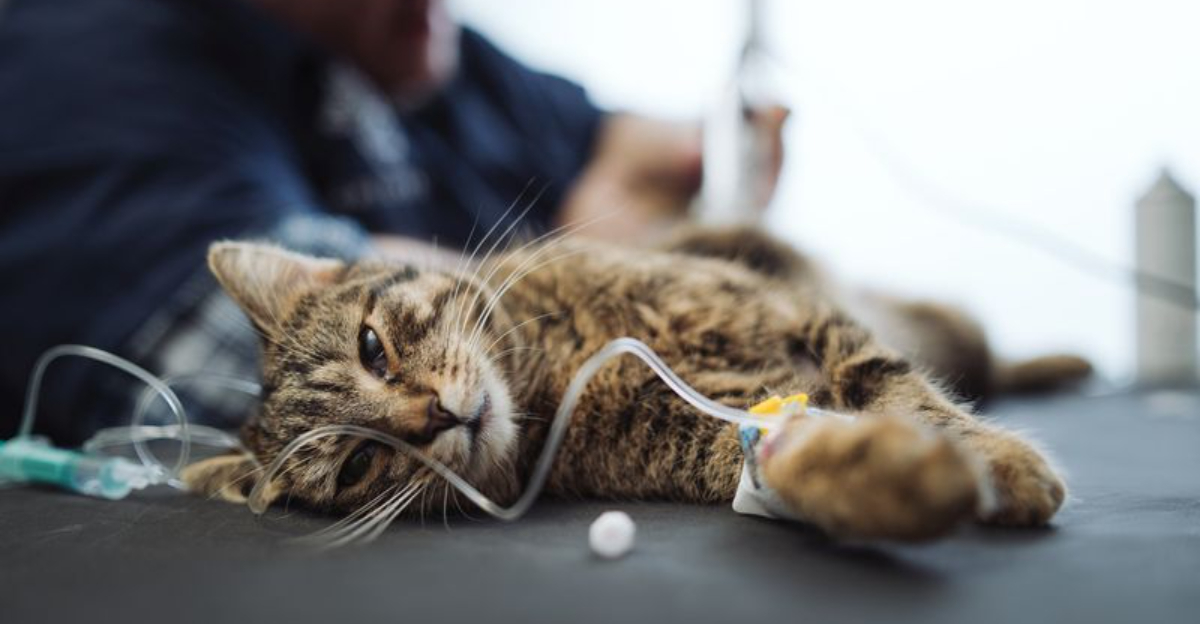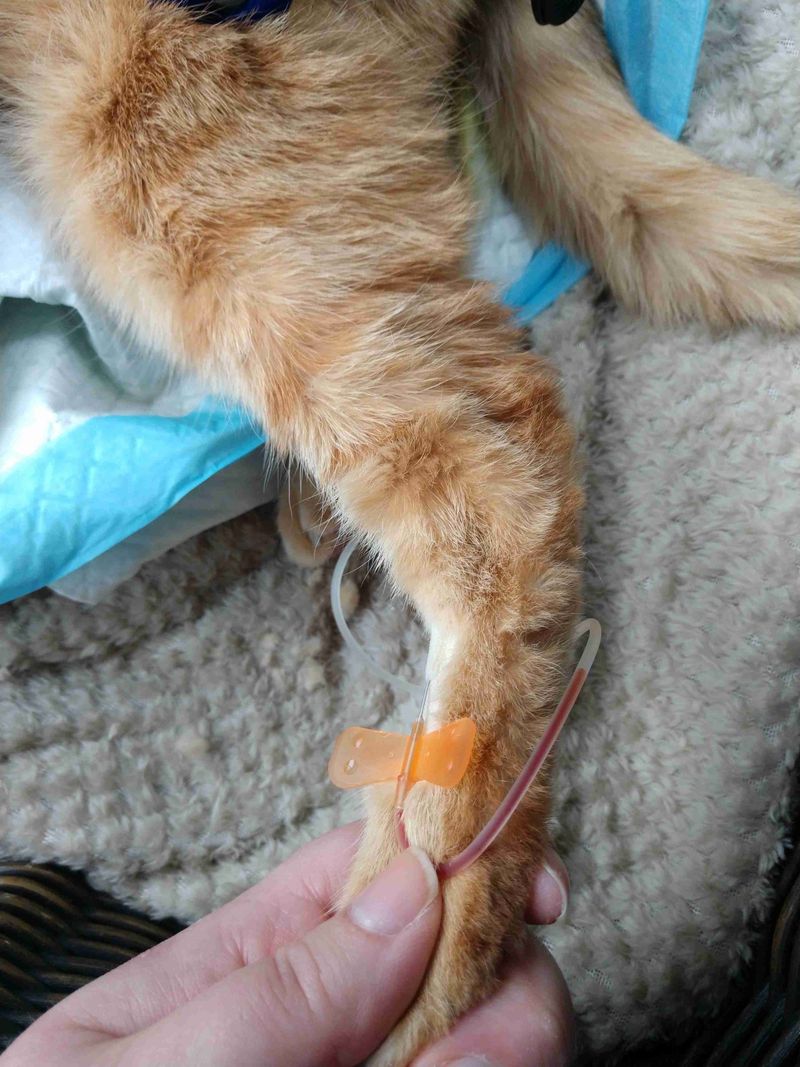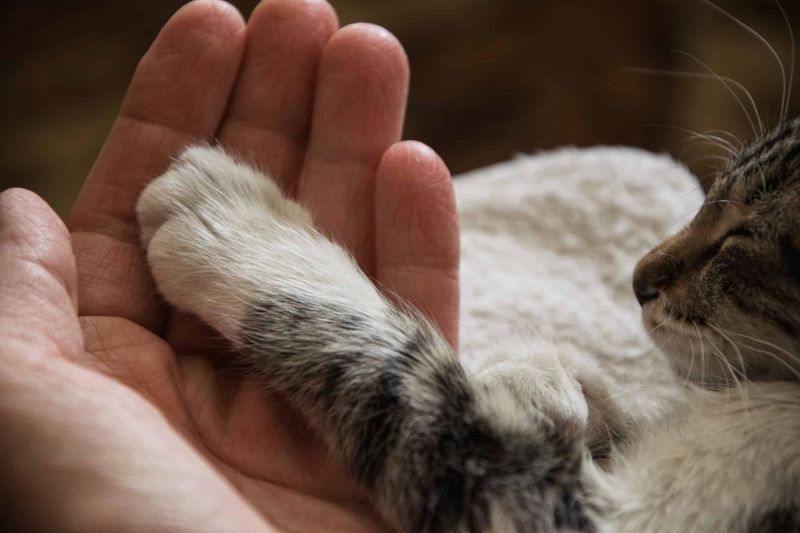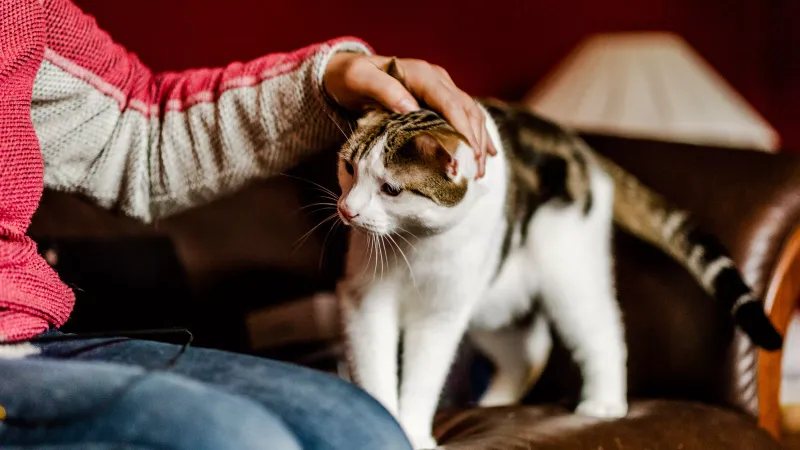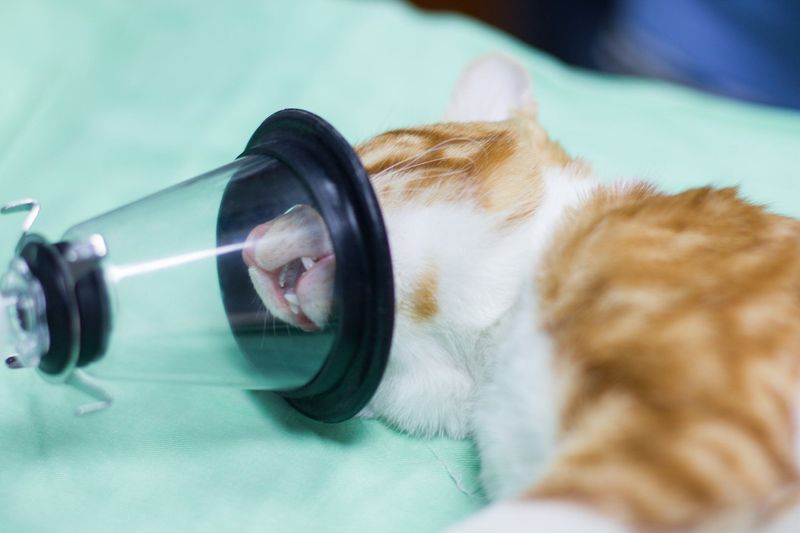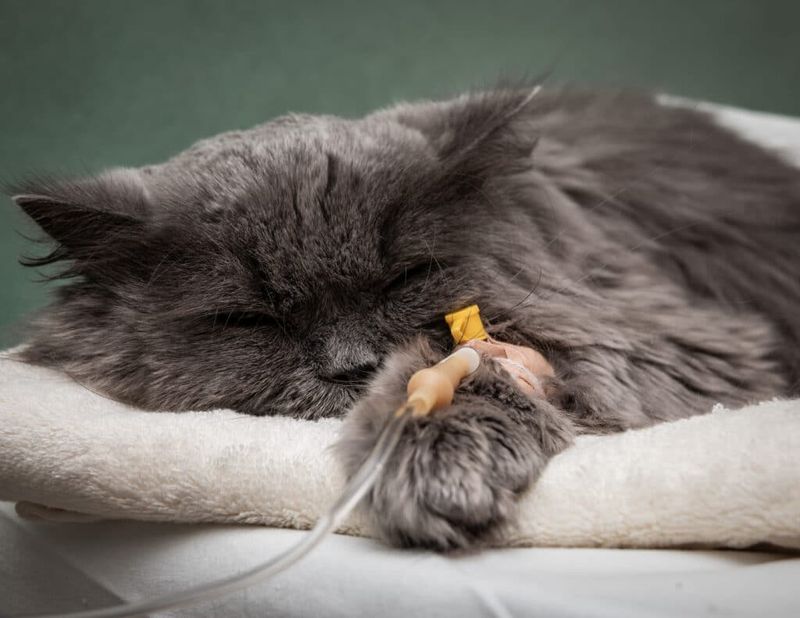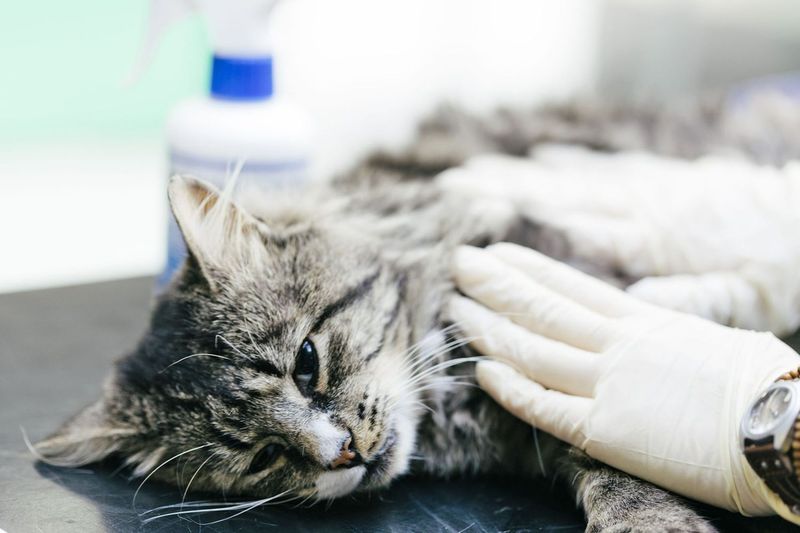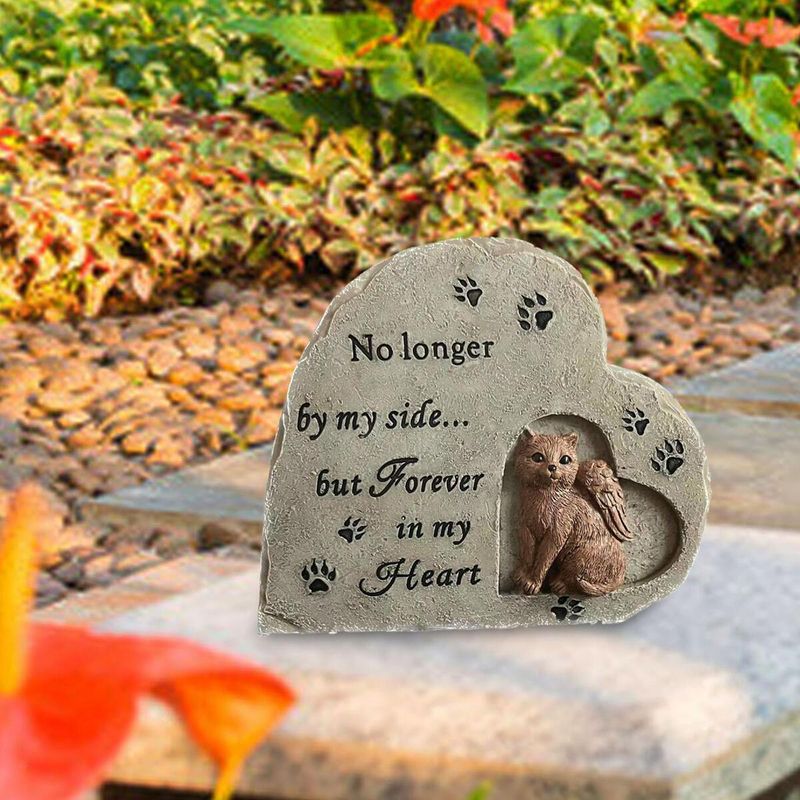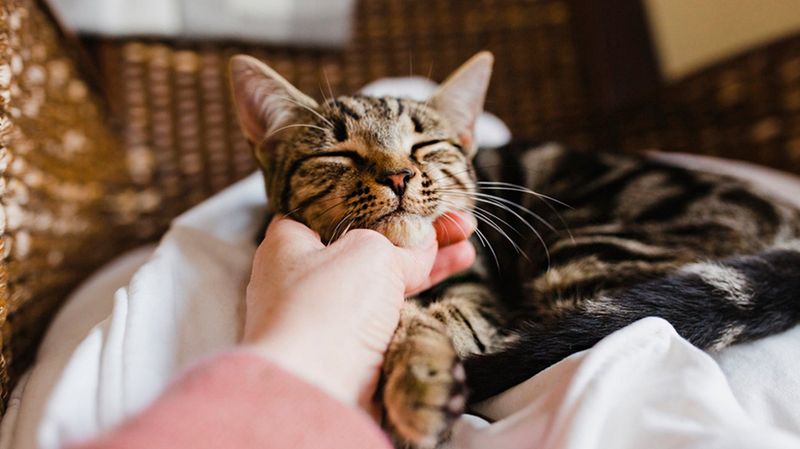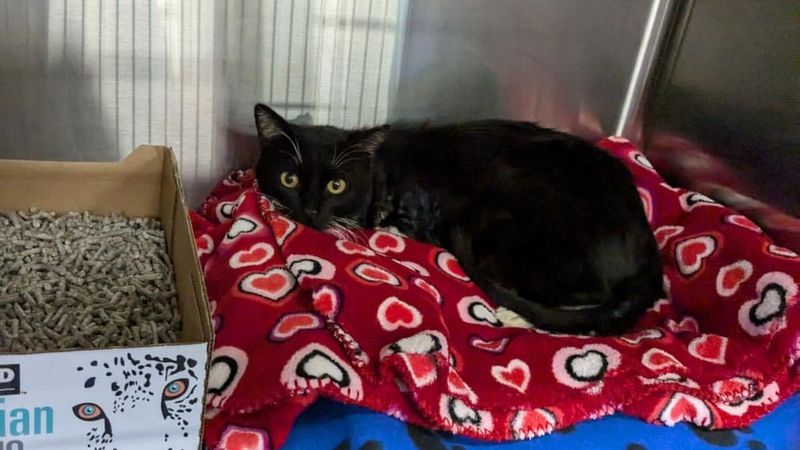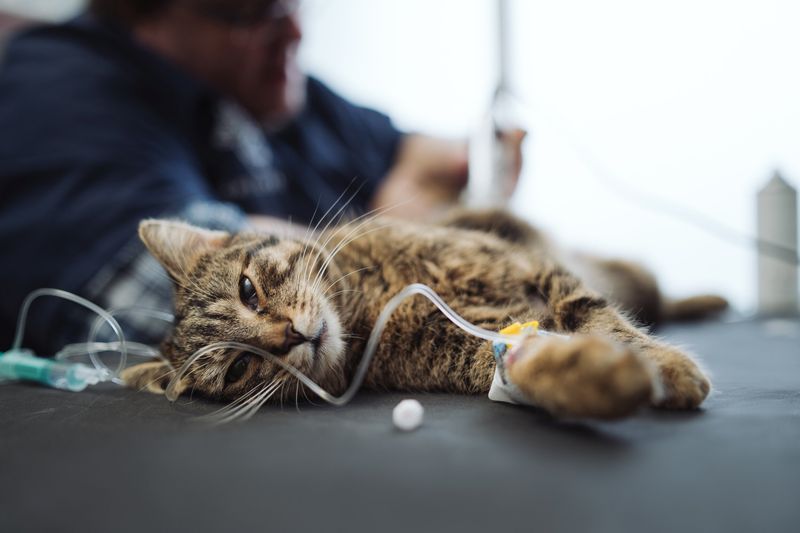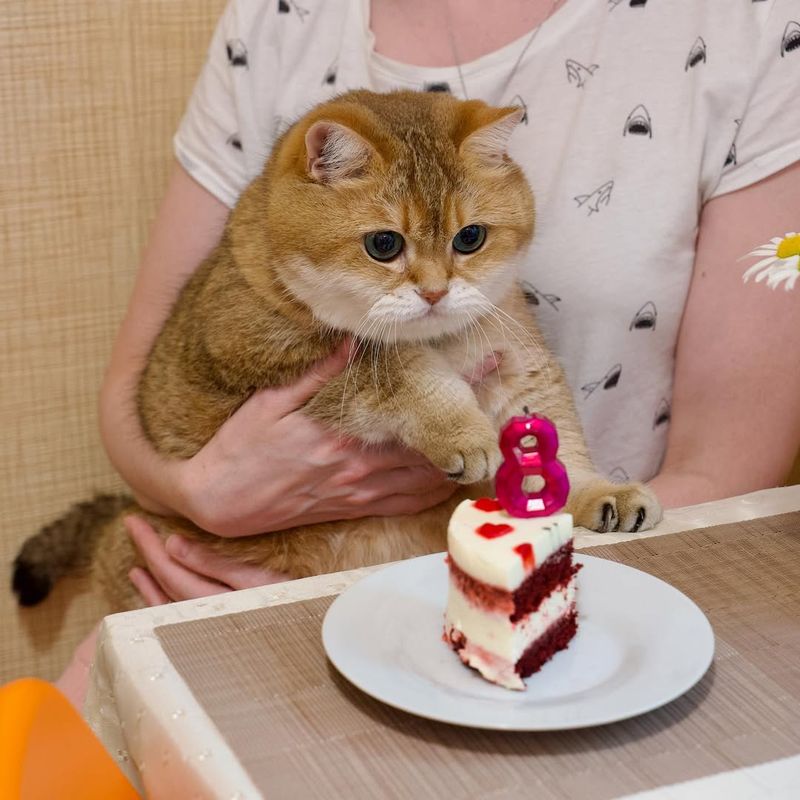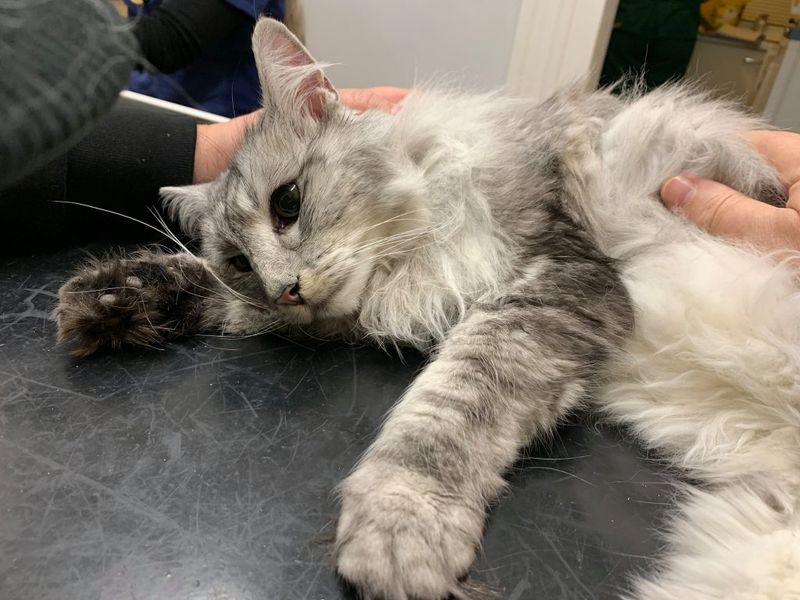📖 Table of Content:
- 1. Euthanasia Is a Painless and Peaceful Process
- 2. It’s Often Chosen to Prevent Suffering
- 3. You Don’t Have to Decide Alone
- 4. Cats Often Mask Pain Well
- 5. In-Home Euthanasia Is an Option
- 6. You Can Be Present During the Procedure
- 7. There’s Usually a Sedative First
- 8. There Are Aftercare Choices to Consider
- 9. Your Emotions May Surprise You
- 10. It’s a Final Gift of Mercy
- 11. Allow Yourself to Grieve Fully
- 12. Keep Their Memory Alive
- 13. Talk About It With People Who Understand
- 14. Avoid Blaming Yourself
- 15. Consider Pet Loss Support Resources
Saying goodbye to a beloved cat is one of the most emotionally difficult decisions a pet parent can face. Whether your cat has grown old by your side or has battled a long illness, the thought of letting go can feel overwhelming and heartbreaking. Yet, in some cases, choosing euthanasia becomes an act of compassion—a final, selfless gesture to relieve your feline friend from pain and suffering.
Understanding what euthanasia entails, why it’s considered, and how to prepare can ease some of the fear and uncertainty that surrounds it. Many people don’t realize how peaceful and dignified the process can be when handled with care. From recognizing signs that your cat may be struggling to learning what to expect during and after the procedure, knowledge can bring both clarity and comfort during this painful time.
In this guide, we’ll walk you through 10 essential things to know about cat euthanasia and offer 5 gentle ways to cope with the emotional toll afterward. Whether you’re in the process of deciding, recently said goodbye, or are simply preparing for the future, this article is here to support you through one of the most heartfelt choices you may ever make—the last act of love.
1. Euthanasia Is a Painless and Peaceful Process
At its core, euthanasia is designed to prevent suffering. Veterinarians use medications that gently stop the heart while the cat is deeply relaxed or asleep. Typically, the cat feels no fear or discomfort during the process. This approach ensures a dignified and humane goodbye. Many pet owners are surprised by how quick and tranquil it is. In fact, the experience often brings a strange sense of peace in the midst of grief. What matters most is that your cat isn’t scared or hurting when they leave this world.
2. It’s Often Chosen to Prevent Suffering
No one wants to imagine life without their cat, but enduring pain isn’t a kindness. When illness robs a cat of appetite, energy, and comfort, quality of life declines rapidly. Euthanasia becomes a merciful option when treatment no longer helps. Despite being a heartbreaking decision, it’s often the most loving one. Letting go is never easy, but holding on too long can prolong suffering. One difficult choice can spare your pet many bad days. Ultimately, euthanasia is about giving peace rather than forcing survival.
3. You Don’t Have to Decide Alone
Thankfully, you’re not expected to make this decision without help. Most veterinarians are experienced in guiding families through this process with compassion. They can assess pain levels and explain what your cat is truly experiencing. It’s comforting to have expert input when your heart feels conflicted. Never hesitate to ask questions or express your concerns. You’re your cat’s voice—and seeking clarity is an act of love. Having a trusted vet beside you can make the path clearer.
4. Cats Often Mask Pain Well
Unfortunately, cats are masters of hiding discomfort. In nature, showing weakness makes animals vulnerable, so domestic cats still instinctively conceal pain. Subtle changes—like reduced grooming or hiding more often—may be the only signs. Because of this, their suffering often goes unnoticed until it’s advanced. It’s vital to monitor not just physical symptoms but also behavior and mood. Relying solely on appearance can be misleading. Paying close attention could mean the difference between silent suffering and a peaceful farewell.
5. In-Home Euthanasia Is an Option
Today, more families are choosing in-home euthanasia for their cats. It allows the final moments to happen in a familiar, comforting environment. Instead of a clinical room, your cat can rest on their favorite blanket or in your arms. Mobile vets specializing in end-of-life care bring everything needed for a peaceful goodbye. This option often feels more personal and less stressful for both pet and owner. While not available in all areas, it’s worth asking about. Home euthanasia can create a deeply meaningful farewell experience.
6. You Can Be Present During the Procedure
Some pet parents choose to stay, while others cannot bear it—and that’s okay. Being there in your cat’s final moments can offer closure and comfort. It allows you to whisper gentle words and give one last cuddle. The decision is entirely personal, without right or wrong. If you do stay, the vet will guide you through each step with sensitivity. Many people later feel peace knowing they were present. Even so, it’s also loving to step away if that’s what your heart needs.
7. There’s Usually a Sedative First
Before the final injection, your cat is typically given a sedative. This step ensures they’re calm, sleepy, and unaware. It’s a gentle way to ease them into a deep state of relaxation. Not all pet owners realize this stage exists. Knowing it’s part of the process can reduce anxiety for you, too. Once sedated, your cat will drift into rest before the final medication is given. Peacefulness is at the heart of the entire procedure.
8. There Are Aftercare Choices to Consider
Following euthanasia, you’ll be given several options for aftercare. These may include communal or private cremation, home burial (if allowed), or keepsakes like paw prints. Thinking about this in advance can prevent emotional overwhelm in the moment. Some people find comfort in creating a small memorial space. Others prefer to donate their cat’s remains for medical study. Whatever you choose, let it reflect the love you shared. Your decision is part of honoring their memory.
9. Your Emotions May Surprise You
Grief doesn’t follow a script—and pet loss is no exception. You might feel waves of sadness, numbness, or even guilt. Sometimes, the depth of pain catches people off guard. Society doesn’t always recognize pet loss as deeply as human loss, but it’s just as real. Let yourself feel it without judgment. Unexpected triggers might bring tears, and that’s okay. Your heart is healing from a real bond that mattered.
10. It’s a Final Gift of Mercy
Choosing euthanasia is not a failure—it’s love in its most painful form. Though it hurts you, it helps them. Releasing a cat from suffering is the ultimate act of compassion. Even when your heart breaks, your cat’s peace matters more. That’s the paradox of true love—it gives, even when it hurts. In your cat’s eyes, you gave them safety until the very end. And for that, you did more than enough.
11. Allow Yourself to Grieve Fully
Grief doesn’t follow rules or timelines, and that’s completely normal. You may cry, feel numb, or swing between emotions unexpectedly. It’s important to honor each feeling as it comes. Bottling up sorrow can prolong healing, while expressing it helps it soften over time. Even if others don’t fully understand, your pain is valid and real. Take as much space as you need to process your loss. Grieving deeply is a sign of how deeply you loved.
12. Keep Their Memory Alive
Sometimes, healing begins by honoring the love that was shared. Lighting a candle, framing a favorite photo, or planting a flower can bring comfort. There’s something powerful in having a physical tribute to your cat’s life. You don’t need an elaborate ceremony—just something meaningful to you. Some people create photo albums or write letters to their cat. These acts of remembrance can help your heart find peace. A memorial gives your grief a place to rest.
13. Talk About It With People Who Understand
Healing becomes easier when you’re not carrying it alone. Opening up to someone who’s experienced pet loss can provide surprising relief. Online support groups, forums, or even trusted friends can be lifelines. You may find comfort in stories that mirror your own. Often, shared sorrow becomes shared strength. It’s okay if talking feels hard at first—just knowing you’re not alone can be powerful. Connection brings light into even the darkest grief.
14. Avoid Blaming Yourself
Regret and guilt are common, but they rarely reflect the full truth. You made your decision with love, not neglect. It’s easy to question every choice after the fact, especially when your heart aches. But hindsight doesn’t change how deeply you cared. Try to remind yourself that your intentions were always for your cat’s comfort and well-being. No pet parent gets it “perfect,” yet love is what truly matters. Let self-forgiveness be part of your healing journey.
15. Consider Pet Loss Support Resources
Grieving alone can feel isolating, but resources exist to help. Pet loss hotlines, grief counselors, and support books are all available. Seeking help is not a weakness—it’s an act of strength and self-care. Sometimes, professional guidance can ease the weight when nothing else seems to help. If you’re struggling, don’t hesitate to reach out. Your pain deserves to be acknowledged, not minimized. With the right support, healing becomes a little less heavy.
